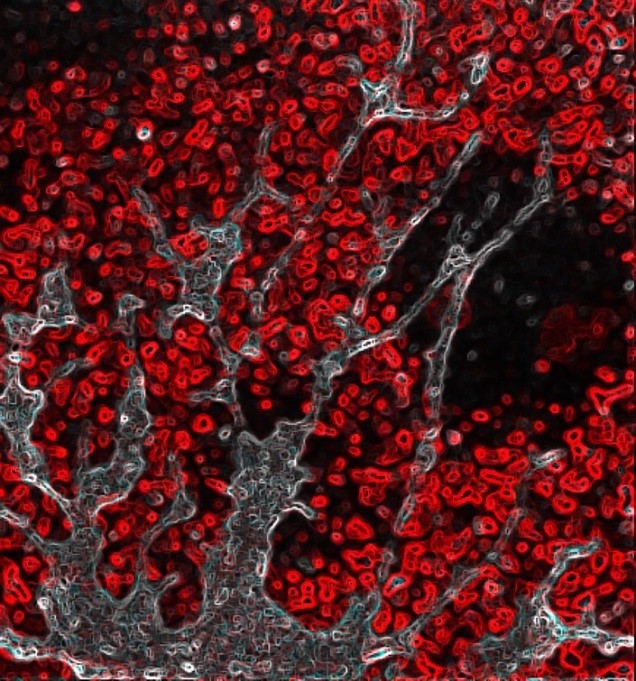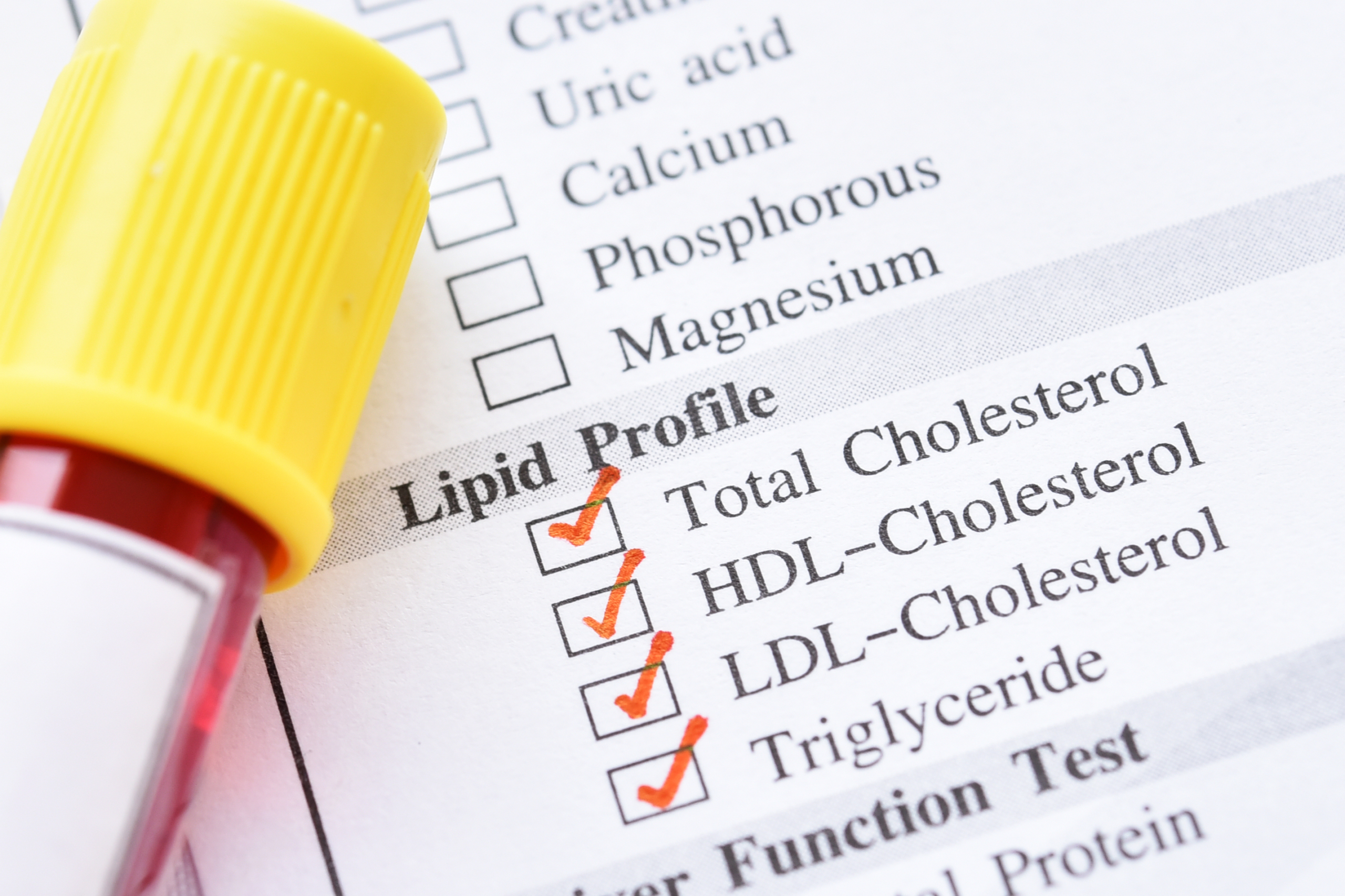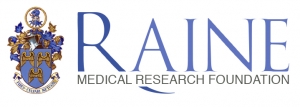Dr Haibo Jiang
Characterising development of a multimodal mass spectrometry imaging platform for lipid analysis
Dr Haibo Jiang from the School of Molecular Sciences, The University of Western Australia, was awarded a 2018 Healy Research Collaboration Award.
Dr Haibo Jiang is an ARC Discovery Early Career Researcher Award (DECRA) Research Fellow in the School of Molecular Sciences at The University of Western Australia.
Dr Jiang’s research is largely focused on the development of novel technologies to investigate molecular trafficking and metabolism and its impact on human health. While abnormalities in lipid metabolism can lead to major health conditions such as cardiovascular disease, analytical tools to study lipid distributions and dynamics are limited.
In this collaborative project, bringing together a world leading lipid biologist and a leading expert in imaging mass spectrometry, the researchers further developed a novel method that combines different advanced microscopy technologies to enable better investigation of molecular trafficking and metabolism. Using this novel method, they discovered that macrophages release cholesterol-rich particles from projections on the cell surface. This process could be an important way that macrophages release excess cholesterol. Accumulation of excess cholesterol could lead to the development of atherosclerosis. Hence, the release of cholesterol-rich particles could be an important mechanism that macrophages use to maintain cholesterol balance, which is critical for human health.

These collaborative activities and studies have resulted in two peer-reviewed publications and multiple presentations across the world, including invited talks at conferences. Dr Jiang has established ongoing collaborations as a result of this project, which has led to an ARC Linkage Project grant and another grant application in planning.
In this collaboration, Dr Jiang and his team discovered that macrophages release cholesterol-rich particles (red) from filopodia (grey).

